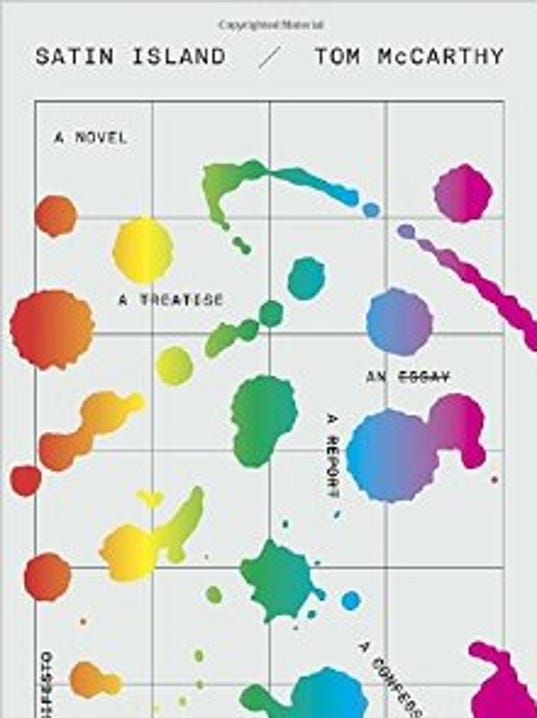The brown Sahebs, much as
it is a work on fiction, follows a close account of not –so fictitious
characters that we know from the Indian independence era. Gandhi is possibly
the only one who appears as Gandhi while the rest have their names and characters
ever so slightly changed.
It is an account of the how the British colonial legacy was deliberately preserved when the reins of power changed from the
British – the white Sahebs to the Indians – the Brown Sahebs on 15th August 1947.
The origin of the ostentatious show of power exhibited by the British was copied by the elite Oxbridge educated Indian politicians in stark contrast the the very ideals of simplicity and austerity that formed the fundamentals of the freedom struggle under Gandhi.
The story revolves around the power brokers in Lutyen's Delhi. When the British left, India's elite helped themselves to the ministerial berths and the perquisites that accompany them. Right from the British built bungalows of Lutyen’s Delhi to the now infamous lal batti
culture even after almost 60 plus ears of Indian Independence has been featured
in minute detail.
As much as Anupam
Srivastava attempts to portray a near
realistic account of the dealings among the political power brokers of Delhi that assembled soon after the Indian independence and
the distancing of a dejected and frail Gandhi, from active politics after the Indian Independence. The very Gandhi whose mass appeal and power had been instrumental
in gathering the momentum for the freedom struggle.
All this has been portrayed from the
perspective of a fiery young journalist
whose newspaper later ends up being the mouthpiece of the government when its editor Shyam Dubey sells the soul of
his newspaper in exchange of a ministerial
berth in the newly formed cabinet.
No prizes for guessing who Shyam Dubey , Vidya
Babu and his daughter Komal in real life could have been.
The emergence and re-emergence
of Aam Admi Party over the past few years espousing similar struggles and ideologies espoused by the protagonist of the novel Pratap influenced by Gandhi makes one draw similarities between
Arvind Kejrwal ‘s ( earlier) incarnation of the fiery rebel influenced by Anna
Hazare.
Mercifully though Kejriwal has not done spiderman like stunts walking
the walls of red fort . His stunts seem far more realistic when he boarded the metro from Kaushambi. Afterall he was
the one known for his dharnas at the Ram lila
maidan at the slightest pretext. The novel traces the roots of why Indian politics is what it is today, as it shaped from
the characters who influenced it from the pre Indian independence era.
If there is one thing one
could fault Anupam Srivastava, the Author is for his storytelling style.
Power corrupts. That is the simple moral of the story. The universality of the story could have easily appealed to the world audience. Had the novel been slightly more ambitious and written keeping a broader section of audience, there would have been more detailing on various nuances that are so unique to India particularly to north India’s culture. The author assumes that the reader would be well aware of the context. The story is written with the naïve assumption that the reader is an Indian, is familiar with the past and present power politics of Delhi, understands the nuances that form an essential fabric of the caste/ class politics of the north Indian hinterland and has followed through the independence movements of India.
Sometimes one wonders if the book has been hastily written keeping a very narrow section of audience in mind.
The story has all the ingredients needed for
a novel. Historical fiction, power struggle,
young hero, love triangle, philandering power brokers and a flash forward to
present day climax.
It almost feels like the
author is terribly shy detailing emotions and relationships. The narration of
the relationship building on between Malati – Pratap – Kavita could have been dealt
with in better detail and sensitivity. The same holds good for the father –son relationship
between the Raja and the Prince – Pratap. The build-up of these relationships
has been hastily rushed through or has been dealt with in a very matter-of-factly
way.
The transition from journalistic
and academic reporting to being a story teller is possibly what the author could
have worked on before taking the manuscript to the publishers.
Overall it is a very good attempt
in storytelling. Its success lies in the fact that it connects the dots of today's crass display
of political power and its origins relating them to the incidents in history
that have shaped the current power and political structure in India.
The review for the Brown Sahebs has been written and published as a customer review for Amazon.com
You can buy the book online here at Amazon.com
http://www.amazon.in/The-Brown-Sahebs-Srivastava-Anupam/dp/9380828314



































